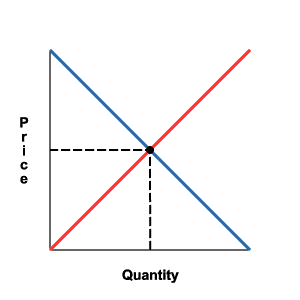 In an article written for Business Week, Josh Tyrangiel tries to defend income inequality in the United States by bringing up the concept of “opportunity”. This article, titled The Inequality Incentive claims that inequality can be beneficial because it incentivizes people to do better and to seize extraordinary opportunities, thus sometimes becoming wealthy and powerful, like Goldman Sachs’s chief executive officer, which the author uses as an example.
In an article written for Business Week, Josh Tyrangiel tries to defend income inequality in the United States by bringing up the concept of “opportunity”. This article, titled The Inequality Incentive claims that inequality can be beneficial because it incentivizes people to do better and to seize extraordinary opportunities, thus sometimes becoming wealthy and powerful, like Goldman Sachs’s chief executive officer, which the author uses as an example.
As such, income inequality in the US, which is about as high as that in China and just below that in Brazil according to the Gini coefficient, can be useful and give people incentives to seize opportunities and be as innovative as possible. He tries to show that these “extremes” have benefits and are part of American values.

To me, this is very far from true. This is a typical, yet very sad, example of “trickle-down” economics, which is the idea that guaranteeing high income to the wealthiest in the population (with tax cuts for instance) will ultimately serve the interests of the poorer parts of society. That statement is economic nonsense, and is actually based on very little except “incentives”. Now of course, incentives are a good thing and inequality can be healthy. But not extreme inequality. There can be differences, but not as high as those in the US. Extreme inequality does not bring incentives, it brings demotivation and abandon.
 Finally, one conceptual framework which can be used to argue against trickle-down economics is utility: considering that marginal utility brought from income decreases as income increases, an ideal society where global utility is at its highest would actually be completely equal… which is the opposite of the society the author defends. This point of view is classically defendedby utilitarianism.
Finally, one conceptual framework which can be used to argue against trickle-down economics is utility: considering that marginal utility brought from income decreases as income increases, an ideal society where global utility is at its highest would actually be completely equal… which is the opposite of the society the author defends. This point of view is classically defendedby utilitarianism.
